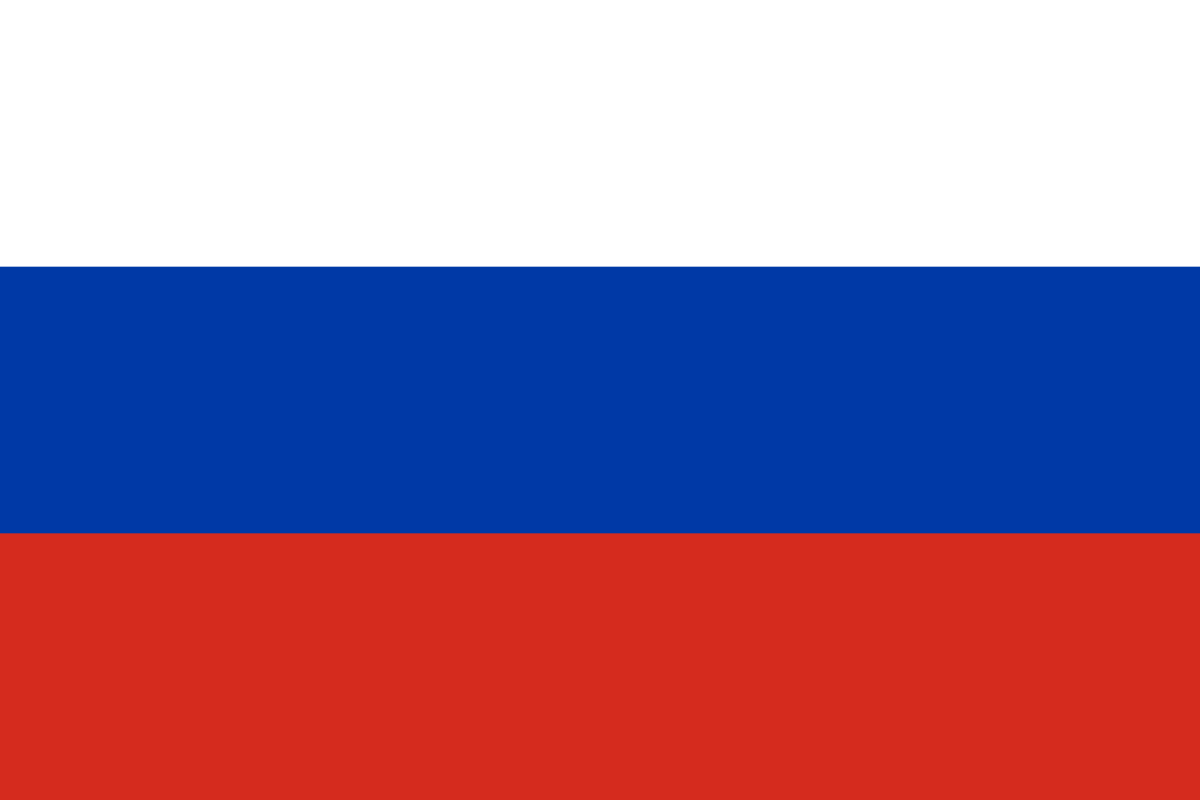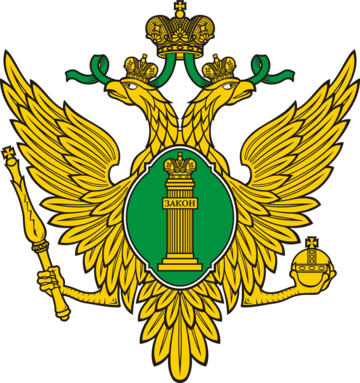Global Assembly
GA Member
- Jun 22, 2023
- 66

INTERNATIONAL COURT OF JUSTICE
| Bcc: Emma Ryan, Secretary of State for Foreign and Commonwealth Affairs, United Kingdom of Great Britain and Northern Ireland (Jamie); Lucie Albrecht, Minister of Foreign Affairs, Russian Federation (Jay); Sophie Dubois, Ministry of Foreign Affairs, Empire of France (Alexander); Emilia von der Leyen, Minister of Foreign Affairs, Kingdom of Germany (Danny); Bernard Bot, Minister of Foreign Affairs, Kingdom of the Netherlands (Dutchy); José Manuel Albares, Minister of Foreign Affairs, Kingdom of Spain (Zak) From: Silvester Pearce, Registrar of the Court Subject: Request for Advisory Opinion on the Right of Passage Through the Suez Canal for Vessels of the Republic of Thailand |
January, 2005
PRIVATE & SECURE
PRIVATE & SECURE
Your Excellency,
The Court wishes to inform you of the receipt of a Request for an Advisory Opinion from the Republic of Thailand concerning the matter between the Sultanate of Egypt and the Republic of Thailand regarding the right of passage through the Suez Canal. The Republic of Thailand has submitted before the Court two questions pertaining the the matter, namely:
The Registry has invited the Republic of Thailand and the Sultanante of Egypt and the Sudan to submit written statements clarifying their positions on the two questions that have been raised before the Court.
Additionally, the Court invites the current governments of the signatories to the 1888 Convention of Constantinople—namely, the United Kingdom of Great Britain and Northern Ireland, the Russian Federation, the Empire of France, the Kingdom of Germany, the Kingdom of the Netherlands, and the Kingdom of Spain—to submit written statements clarifying your positions on the two questions as they specifically pertain to the Convention of Constantinople.
The Court grants a four-week deadline to submit its written statement.
Yours faithfully,
His Excellency the Chief Justice of the International Court of Justice
On his behalf,
Silvester Pearce
Registrar of the Court
The Court wishes to inform you of the receipt of a Request for an Advisory Opinion from the Republic of Thailand concerning the matter between the Sultanate of Egypt and the Republic of Thailand regarding the right of passage through the Suez Canal. The Republic of Thailand has submitted before the Court two questions pertaining the the matter, namely:
1. Does the Republic of Thailand have the legal right to navigate its vessels through the Suez Canal under the current international legal framework, despite the non-recognition of its sovereignty by the Sultanate of Egypt?
2. Does the refusal by the Sultanate of Egypt to allow the passage of Thai vessels through the Suez Canal constitute a breach of its international obligations, particularly under the Constantinople Convention of 1888 and customary international law?
2. Does the refusal by the Sultanate of Egypt to allow the passage of Thai vessels through the Suez Canal constitute a breach of its international obligations, particularly under the Constantinople Convention of 1888 and customary international law?
The Registry has invited the Republic of Thailand and the Sultanante of Egypt and the Sudan to submit written statements clarifying their positions on the two questions that have been raised before the Court.
Additionally, the Court invites the current governments of the signatories to the 1888 Convention of Constantinople—namely, the United Kingdom of Great Britain and Northern Ireland, the Russian Federation, the Empire of France, the Kingdom of Germany, the Kingdom of the Netherlands, and the Kingdom of Spain—to submit written statements clarifying your positions on the two questions as they specifically pertain to the Convention of Constantinople.
The Court grants a four-week deadline to submit its written statement.
Yours faithfully,
His Excellency the Chief Justice of the International Court of Justice
On his behalf,
Silvester Pearce
Registrar of the Court
Digital Diplomatic Communication





